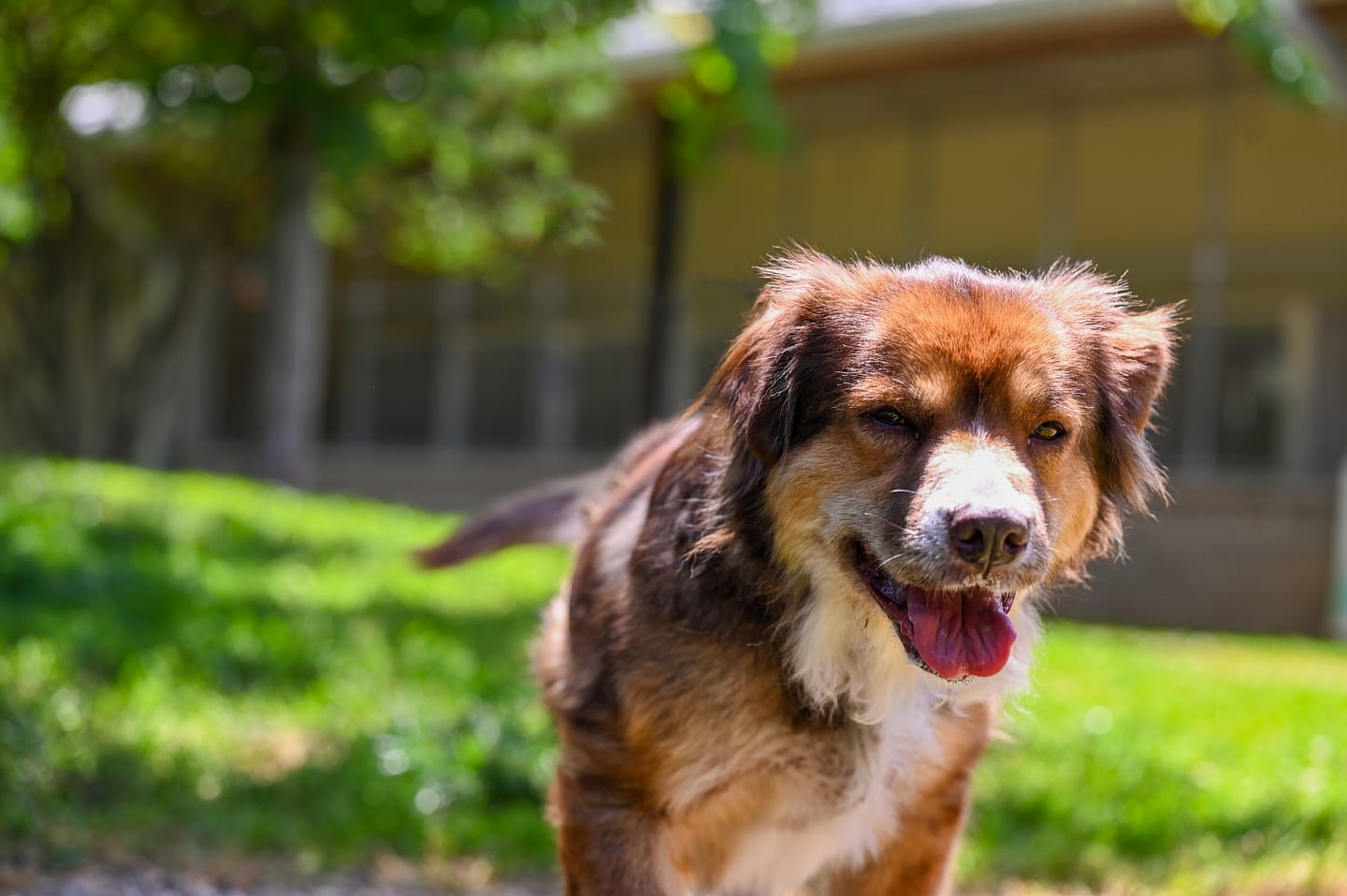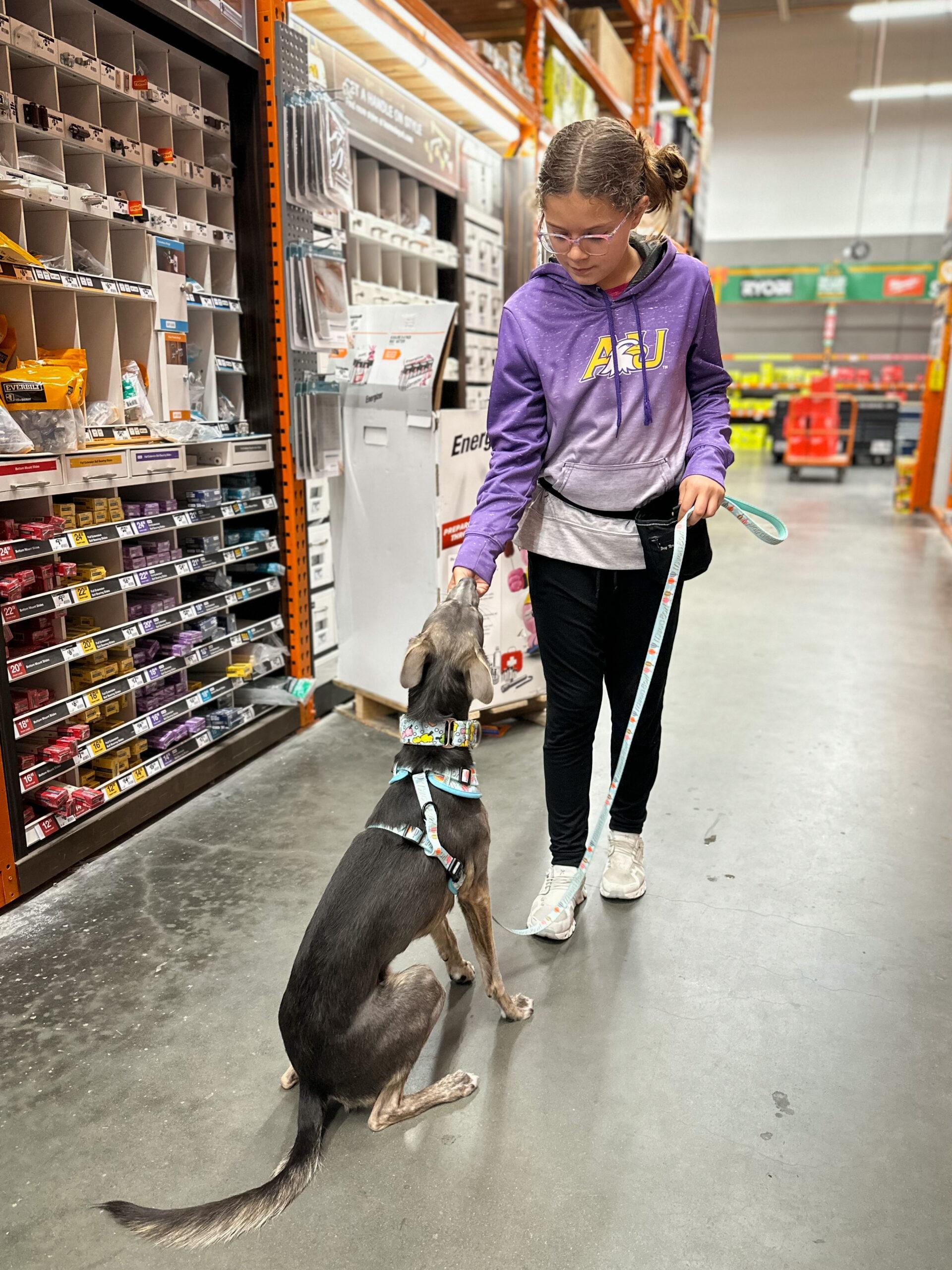Essential Methods for Reliable Dog Training You Required to Know
Essential Methods for Reliable Dog Training You Required to Know
Blog Article
Necessary Tips for Successful Dog Training: An Overview for Pet Dog Owners
Efficient dog training is a complex process that calls for a calculated technique tailored to both the pet dog's character and the proprietor's goals. Understanding how to navigate these barriers can substantially enhance the training experience, inevitably transforming the partnership between proprietor and dog.
Recognizing Dog Actions
Understanding pet behavior is crucial for effective training and cultivating a harmonious connection in between dogs and their proprietors. Canines connect primarily with body movement, vocalizations, and activities, making it crucial for owners to analyze these signals accurately. Acknowledging a pet's posture, tail setting, and ear alignment can offer understandings right into its mood. As an example, a wagging tail does not constantly suggest happiness; it can likewise signal excitement or stress and anxiety.

Socialization plays a significant role in dog behavior; direct exposure to numerous atmospheres, people, and other animals can significantly influence a pet's personality. Aspects such as breed characteristics and private character should lead training techniques, as some breeds might have certain behavioral attributes that require tailored strategies. By comprehending these elements, proprietors can create an encouraging atmosphere that urges favorable behavior, causing successful training end results and a deeper bond with their pet dogs.
Establishing Regular Commands
Effective interaction with your canine starts with establishing constant commands. This foundational aspect of training is important for cultivating understanding between you and your pet dog. Consistency in the commands you utilize makes sure that your dog can reliably connect particular words or expressions with the desired habits.
When picking commands, choose clear, distinctive words that are easy to distinguish and claim from one another. Prevent making use of similar-sounding commands that may puzzle your pet dog. As an example, using "rest" and "remain" is appropriate, however "rest" and "struck" can result in misconceptions.
Furthermore, keep the very same tone and volume for every command. Dogs are delicate to singing signs, so varying your tone can develop complication.
It is just as crucial to make certain that all member of the family get on the very same page regarding the commands made use of. A united front in command use will prevent combined signals and enhance the discovering process.
Favorable Support Techniques
The power of favorable support in canine training hinges on its capability to encourage desired actions through incentives and appreciation. This technique is based in the principle that actions followed by positive outcomes are most likely to be repeated. By integrating positive support into your training routine, you can efficiently form your canine's actions in a useful manner.
To carry out positive support, it's necessary visite site to recognize what inspires your pet, whether it be treats, playthings, or verbal appreciation. When your dog does a desired action, such as resting on command, right away compensate them with a treat or love. This association between the command and the favorable outcome enhances their understanding.
It's crucial to timing the benefits appropriately; delivering the reinforcement within seconds of the desired habits aids your pet make the link (dog training). In addition, uniformity is essential-- make certain that all member of the family make use of the same commands and reward systems to prevent complication

Gradually, you can minimize the regularity of deals with as your dog learns the habits, transitioning to commend or recurring rewards. This method not only promotes a solid bond in between you and your pet however likewise advertises a favorable learning environment, making training a pleasurable experience for both.
Socialization and Communication
Constantly revealing your pet to a selection of environments, people, and various other pets is crucial for their social development. Socialization should begin early, ideally during the crucial window of 3 to 14 weeks, when puppies are most receptive to new experiences. However, older dogs can also take advantage of recurring socializing initiatives.
Present your pet dog to different settings, such as parks, pet-friendly shops, and city locations. This exposure helps them adjust to numerous stimulations, minimizing stress and anxiety and worry reactions. Encourage favorable communications with other dogs and individuals, making certain that these experiences are regulated and risk-free to foster self-confidence.
Utilize organized playdates with courteous dogs, as this can improve your dog's social skills and educate them proper behavior. Obedience courses and training sessions also supply outstanding possibilities for socialization, permitting your canine to connect with others in a supervised setting.
Screen your pet's body language throughout interactions, as this will aid you evaluate their convenience level. Slowly increase exposure to even more challenging circumstances while ensuring that each experience is positive. A well-socialized pet is much more most likely to show balanced habits, making them a pleasure to have in any setting.
Resolving Common Training Difficulties
Every pet proprietor will experience training challenges eventually, despite their pet dog's age or socializing level. Identifying typical issues such as stubbornness, interruptions, and terror can assist in developing reliable techniques for improvement.

Slowly introduce interruptions as the canine becomes more efficient in commands. Short, regular training sessions are likewise effective in maintaining attention.
Terror can hinder a canine's knowing process. Steady desensitization to the resource of concern, coupled with positive support, try these out can assist ease stress and anxiety. Patience is crucial; never ever require a dog right into a circumstance that causes distress, as this might over here worsen the issue.
Ultimately, understanding and resolving these usual challenges with an organized technique will cultivate a much more productive training experience, reinforcing the bond between pet and owner while advertising efficient learning.
Verdict
In summary, effective canine training counts on a detailed understanding of canine behavior, the facility of consistent commands, and the application of positive support methods. Socializing plays an important role in establishing well-adjusted pets, while attending to common training difficulties calls for patience and flexibility. By executing these crucial techniques, pet dog owners can foster a solid bond with their dogs and promote preferable behaviors, eventually bring about a harmonious connection in between human beings and their canine companions.
Comprehending pet behavior is necessary for reliable training and promoting a harmonious partnership in between pooches and their proprietors.Socializing plays a substantial duty in canine actions; direct exposure to various atmospheres, individuals, and various other pets can considerably affect a pet's personality.The power of positive reinforcement in canine training lies in its capability to motivate wanted actions via rewards and praise. By incorporating positive reinforcement into your training regimen, you can efficiently form your pet dog's habits in a positive fashion.
In recap, effective pet training counts on a comprehensive understanding of canine behavior, the establishment of consistent commands, and the application of positive reinforcement techniques.
Report this page